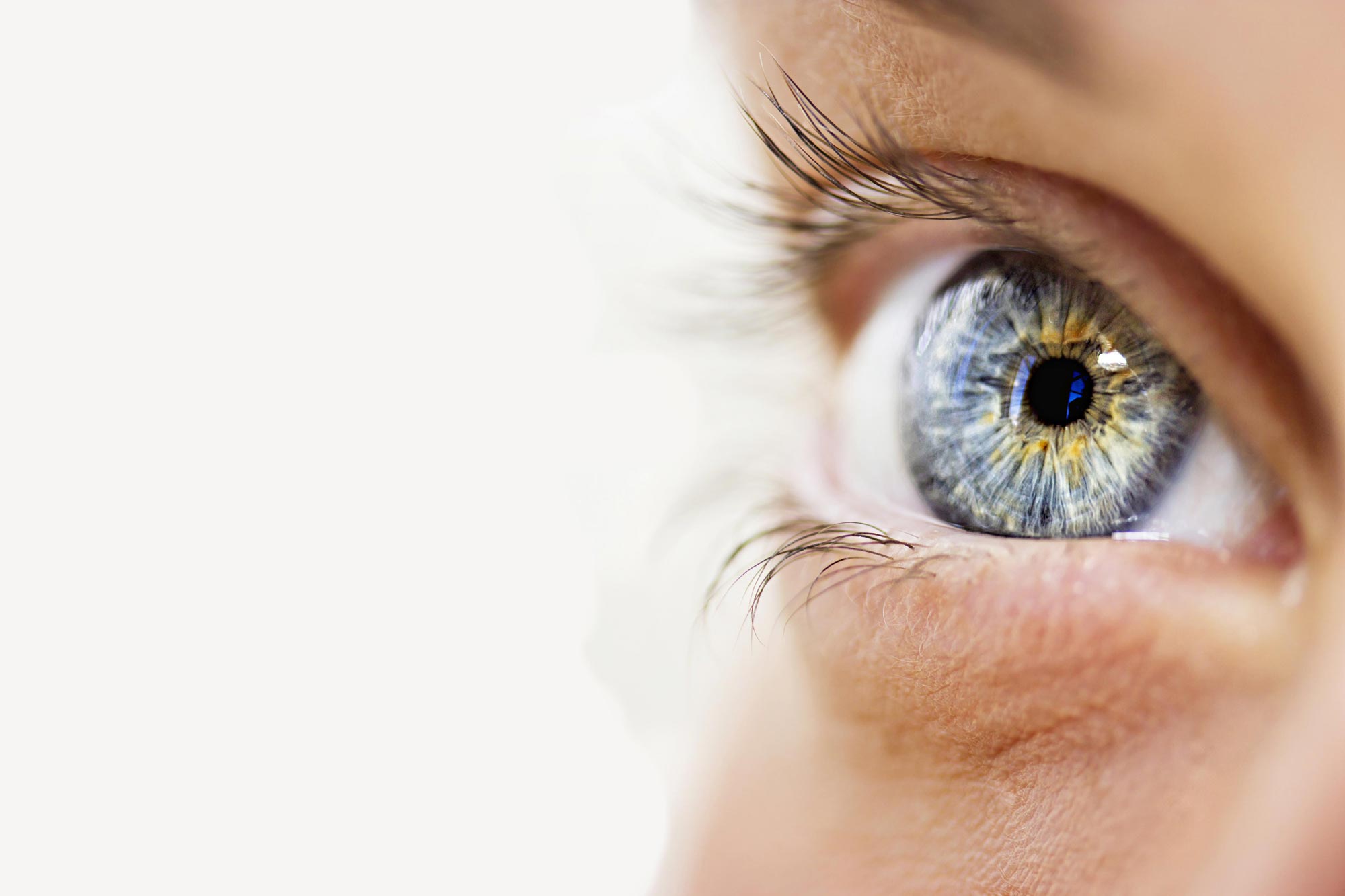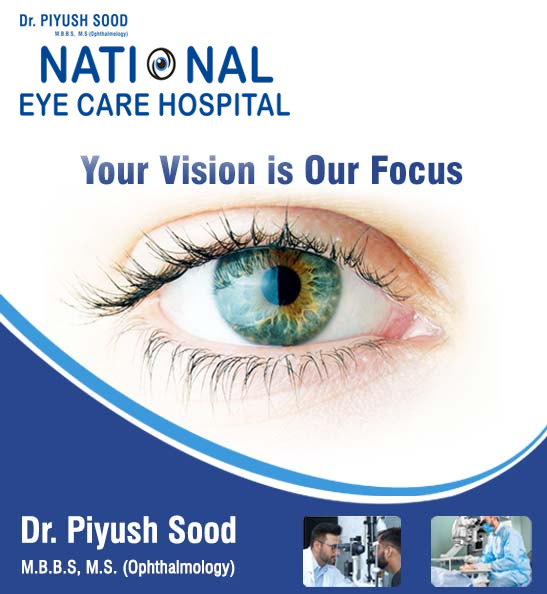Discovering the Globe of Refractive Surgeries: What You Must Know for Improved Eyecare
In the realm of eye care, refractive surgical treatments have actually become a popular choice for people seeking to fix vision concerns and reduce their reliance on glasses or get in touch with lenses. These operations, ranging from LASIK to PRK, use an encouraging path to clearer vision and enhanced lifestyle for many. Navigating the world of refractive surgical procedures calls for a comprehensive understanding of the types available, their connected benefits, prospective dangers, and the vital factors to consider prior to and after going through such treatments. As improvements in modern technology remain to improve these medical methods, staying notified regarding the current advancements and finest practices in refractive surgeries becomes essential for those considering this transformative journey in the direction of far better eye wellness and vision.
Kinds Of Refractive Surgical Treatments
Refractive surgical treatments incorporate a selection of procedures aimed at fixing vision disabilities by improving the cornea or lens of the eye. One of the most typical kinds of refractive surgical procedure is LASIK (Laser-Assisted in Situ Keratomileusis), which involves creating a thin flap in the cornea, reshaping the underlying tissue with a laser, and repositioning the flap.
Along with these laser-based treatments, there are additionally implantable lenses such as Phakic intraocular lenses (IOLs) that can be put right into the eye to deal with refractive mistakes. These lenses are specifically useful for people with high prescriptions or those inappropriate for laser surgical procedure. It is important to speak with an eye treatment specialist to establish one of the most ideal kind of refractive surgical procedure based on private needs and eye health.
Benefits of Refractive Treatments
Having explored the different types of refractive surgical procedures available, it is crucial to comprehend the significant advantages associated with these treatments for correcting vision problems. Additionally, refractive surgical procedures like LASIK and PRK provide fast recovery times, with lots of patients experiencing enhanced vision within a day or 2 after the procedure.
An additional key advantage is the lasting cost financial savings related to refractive surgical treatments. While the preliminary financial investment may seem significant, the expenses minimized prescription glasses, get in touch with lenses, and upkeep over the years can exceed the ahead of time costs. Refractive surgical treatments can give an irreversible service to vision issues, minimizing the demand for normal visits to optometrists and updates to prescriptions. In general, the advantages of refractive treatments prolong past simply vision improvement, offering improved lifestyle and benefit for individuals seeking long-lasting services to their vision disabilities.
Dangers and Considerations
Prior to undertaking any type of refractive surgical treatment, it is vital to meticulously think about the crucial aspects and prospective threats associated with the procedure. While refractive surgical procedures like LASIK and PRK are normally safe and reliable, there are still dangers included that need to be taken into account. Some of the potential risks consist of completely dry eyes, glow, halos, and difficulty driving at night, though these are typically short-lived and fix with time. It is essential for individuals considering these treatments to have a thorough discussion with their eye treatment copyright to recognize the details dangers that may relate to their situation.
Patients with particular clinical problems such as autoimmune disorders or unpredictable vision may not be excellent candidates for refractive surgical procedure. Understanding these factors to consider and dangers can aid individuals make informed choices about their eye care and whether refractive surgical treatment is the best choice for them.

Preparing for Surgery
Comprehending the considerations and risks associated with refractive surgeries is essential as people begin the process of preparing for the surgical treatment. Before undergoing any refractive surgical treatment, it is necessary to schedule a comprehensive eye examination with an eye doctor focused on refractive treatments. This evaluation will establish the wellness of the eyes, examine the refractive error, and recognize any potential contraindications for surgical treatment.
Throughout the pre-operative consultation, the doctor will certainly go over the different surgical alternatives available, describe the benefits and dangers of each procedure, and address any kind of inquiries the individual may have. It is very important for individuals to disclose their case history, present medicines, and any eye problems they might need to ensure a effective and risk-free surgery.
To prepare for the surgical procedure, clients might be recommended to terminate using contact lenses for a particular duration before the procedure. In addition, they must schedule transport to and from the medical center on the day of the procedure, as they might not be able to drive quickly after surgical treatment. Complying with these preparatory steps will help ensure a effective and smooth refractive surgical procedure experience.
Post-Surgery Care
After going through refractive surgical procedure, proper post-operative care is vital to advertise healing and make certain ideal vision outcomes. Following surgery, patients need to strictly adhere to the standards supplied by their eye doctor to reduce hearing service near me the risk of complications and attain the best results.
At first, patients might experience some pain, dry skin, or fuzzy vision, however these signs typically boost within a couple of days to weeks. It is critical to participate in all scheduled follow-up visits to check development and attend to any type of issues immediately.
During the recovery duration, patients ought to stay clear of rubbing their eyes, swimming, or exposing their eyes to irritants such as dirt or smoke (hearing service near me). Protective glasses must be worn as suggested, particularly during tasks that posture a threat of eye injury
Correct administration of recommended eye decreases is vital to prevent infection and advertise healing. People should additionally adhere to any kind of restrictions on physical tasks to stop issues. By following post-operative care guidelines diligently, people can maximize their recovery procedure and take pleasure in the advantages of improved vision.
Conclusion
Finally, refractive surgical procedures provide a series of benefits for people seeking boosted vision. While these procedures can boost aesthetic acuity and decrease dependency on corrective lenses, they additionally feature prospective risks and considerations that have to be meticulously evaluated. By comprehending the different sorts of refractive surgical procedures offered, preparing for the treatment, and complying with post-surgery care guidelines, people can make informed choices to improve their eye health and total lifestyle.
Refractive surgeries incorporate a range of treatments intended at correcting vision problems by reshaping the cornea or lens of the eye. It is essential to seek advice from with an eye care specialist to figure out the most suitable kind of refractive surgical treatment based on specific requirements and eye wellness.

Before undergoing any kind of refractive surgical treatment, it is vital to schedule a comprehensive eye exam with an eye doctor specialized in refractive procedures (retina service near me). By recognizing the various types of refractive surgical procedures offered, preparing for the procedure, and adhering to post-surgery care guidelines, individuals can make informed choices to enhance their eye wellness and general quality of life